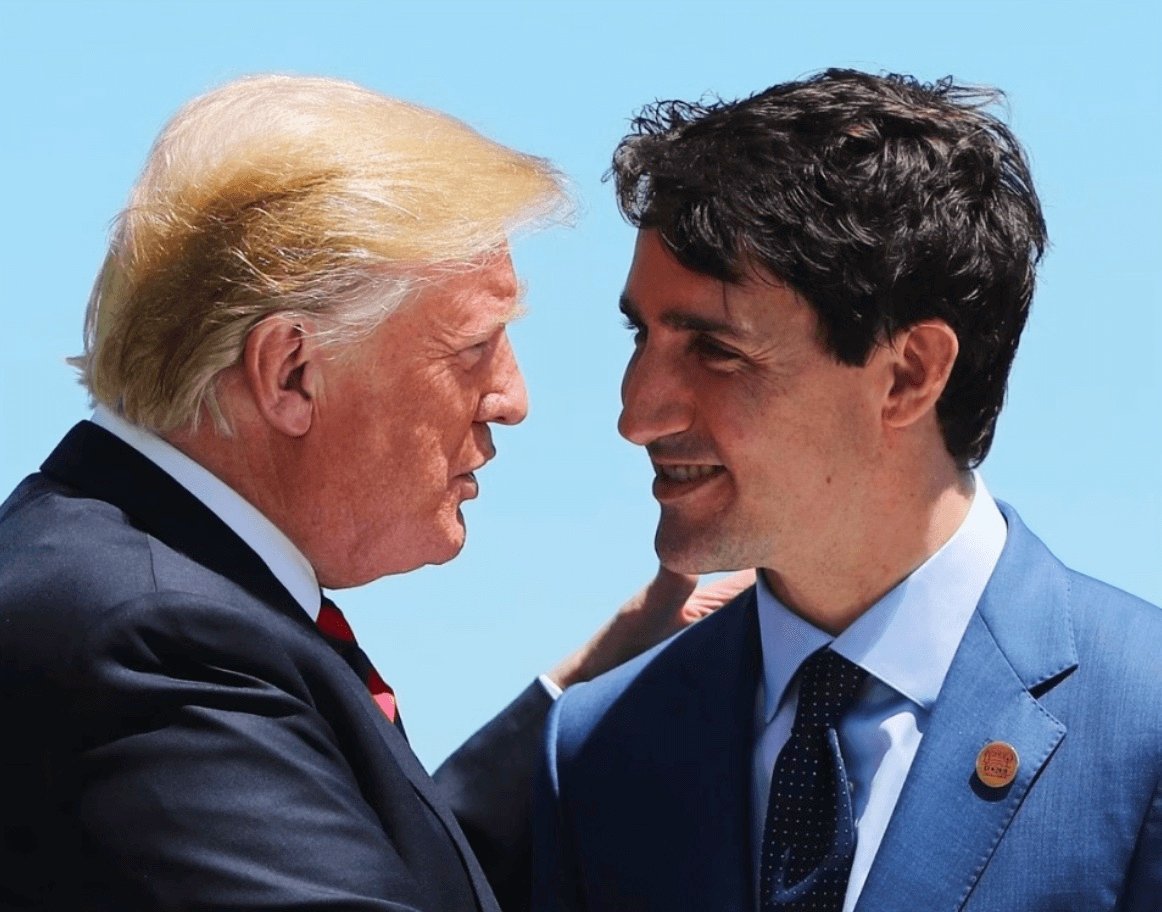Prime Minister Justin Trudeau’s resignation as Liberal leader comes at a critical moment, just two weeks before Donald Trump begins his second term as U.S. president. Trump has threatened to impose 25% tariffs on Canadian imports on his first day in office, raising concerns about Canada’s ability to respond effectively during the leadership transition. Trudeau plans to stay on as prime minister until his successor is chosen, but critics argue this leaves Canada with a weakened “lame duck” government unable to address immediate challenges in U.S.-Canada relations.
Former Canadian Ambassador to the U.S. David MacNaughton and experts like Xavier Delgado and Laura Dawson warn that Trudeau’s departure creates uncertainty and undermines Canada’s capacity to negotiate with Trump’s administration. Key cabinet members, including potential leadership contenders Mélanie Joly and Dominic LeBlanc, may also be distracted by the leadership race.
While Trudeau assured Canadians that his government remains focused on protecting national interests, experts argue the timing of his resignation could leave Canada vulnerable. Trump’s remarks on his Truth Social platform suggest a confrontational tone, even hinting at Canada becoming the “51st State” as a way to eliminate tariffs.
The transition comes as Canada faces significant geopolitical and economic risks, with questions raised about who will lead the response to Trump’s tariff threats and maintain stability in U.S.-Canada relations.






0 Comments